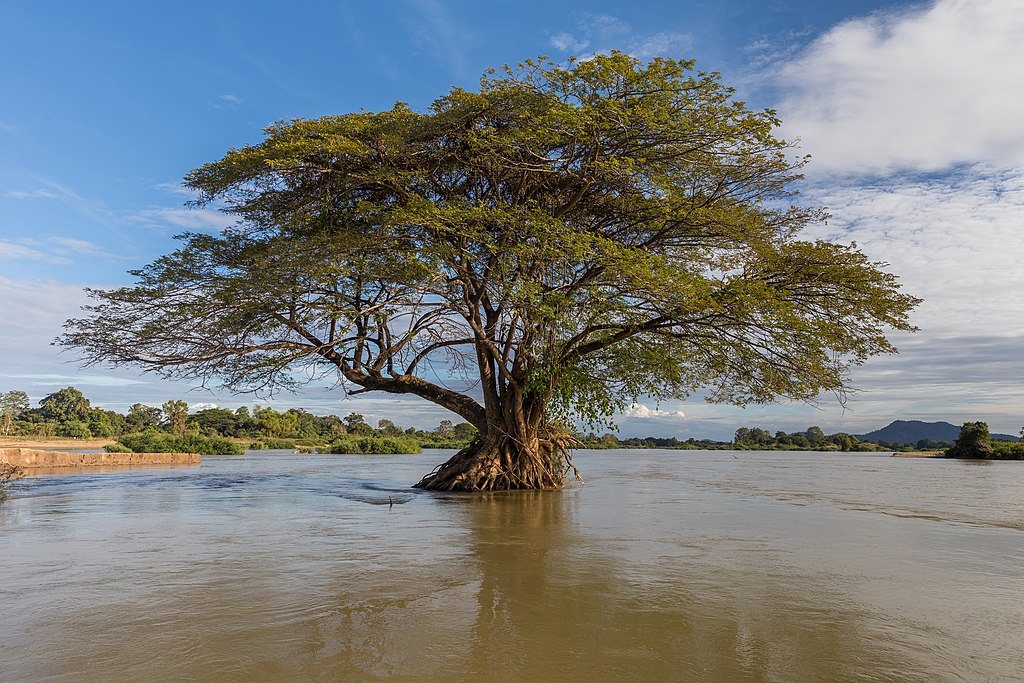Social systems – our culture, politics and economies and their institutions - are constructed on a set of dominant beliefs, assumptions and values that are largely unexamined. These “mental models” shape the way societies perceive and interact with the natural world.
In this course, we examine the dominant perspectives that give rise to environmental degradation, as well as alternative paradigms offered by Green, ecojustice, global south, sustainability, and Indigenous movements. Students also engage with political, economic, and cultural theories of environmental change. Prerequisite: ENVS 1013 or permission of the instructor.
- Múinteoir: Janice Harvey
Using systems thinking, we will examine how all aspects of society – the economy, politics, and culture - intersect with the natural world to produce these problems. For the most part, this is not intentional – few people wake up in the morning intent on wrecking the planet. Instead, these problems are a consequence of how we use Nature as both a “source” of raw materials for making all the “stuff” in the world, and as a “sink” for all the waste and pollution that comes along with producing and consuming all that stuff. We will learn that environmental problems are the inevitable outcome of the capitalist growth economy and the values that our consumer culture promotes. Solving environmental problems is not a matter of having better scientific knowledge or becoming ‘green’ consumers; it will require major transitions in how our society is organized.
- Múinteoir: Janice Harvey
The airwaves are full of stories of the climate crisis, the extinction crisis, the plastics crisis – and more. What does it all mean? What is to be done?
These are the questions that we will tackle in this course: Understanding Environmental Problems.
Using systems thinking, we will examine how all aspects of society – the economy, politics, culture and our personal behaviour - intersect with the natural world to produce these problems. For the most part, this is not intentional – few people wake up in the morning intent on wrecking the planet. Instead, these problems are a consequence of how we use Nature as both a “source” of raw materials for making all the “stuff” in the world, and as a “sink” for all the waste and pollution that comes along with producing and consuming all that stuff. We will learn that environmental problems are the inevitable outcome of the capitalist growth economy and the values that our consumer culture promotes. Solving environmental problems is not a matter of having better scientific knowledge or becoming ‘green’ consumers; it will require major transitions in how our society is organized.
Such understanding is the starting point for transitioning to a sustainable society. From this introduction, the courses in Environment and Society (ENVS) are designed and sequenced to explore what changes need to be made, and how we might achieve this.
- Múinteoir: Janice Harvey


